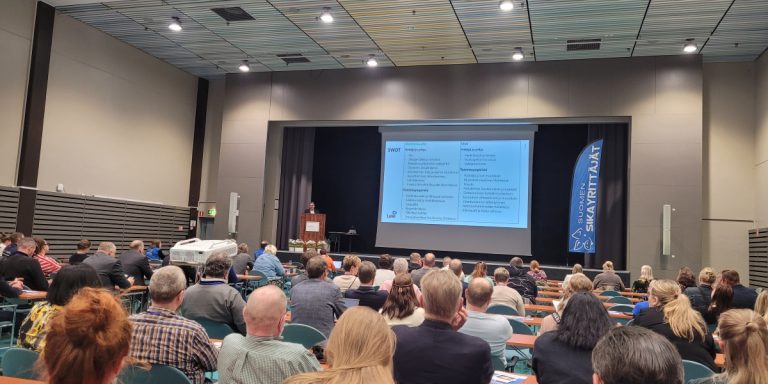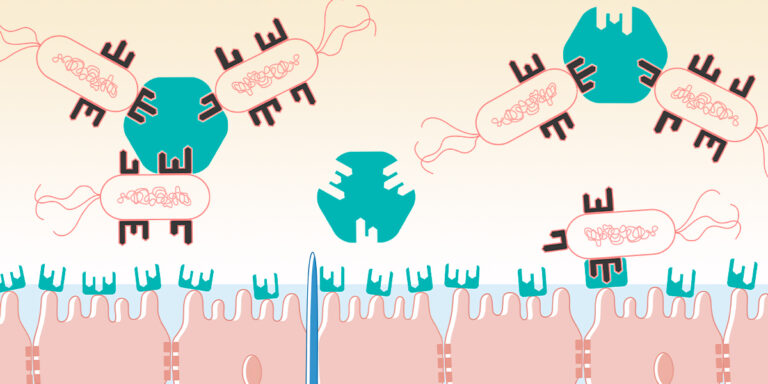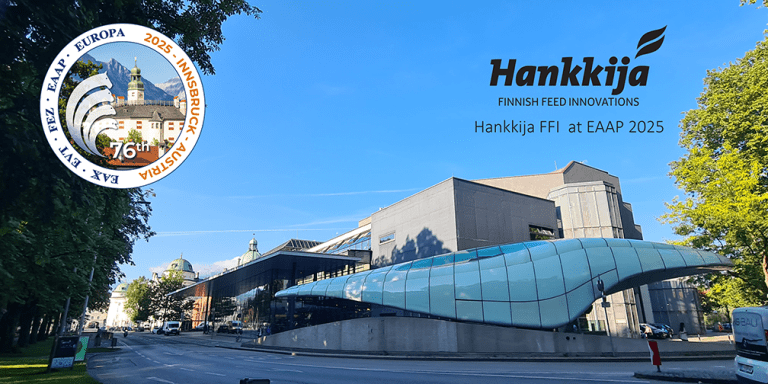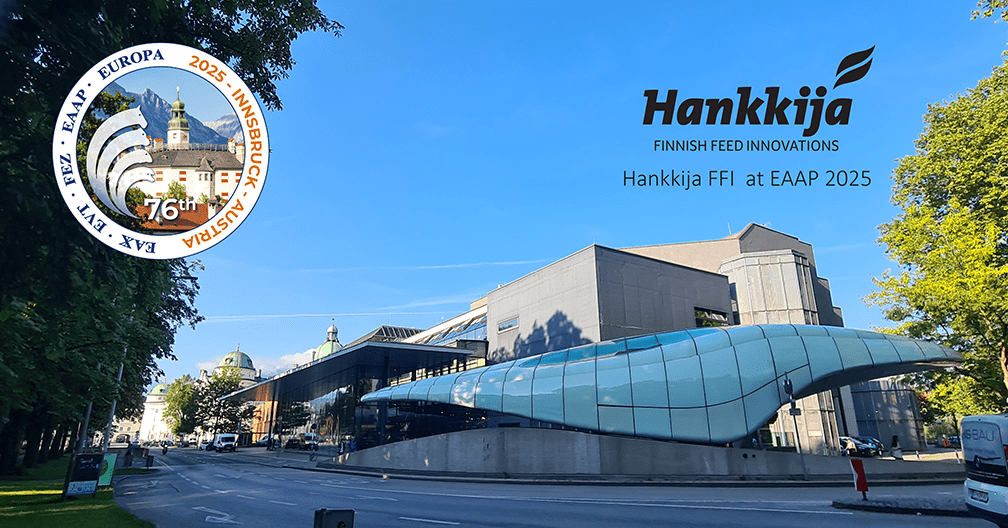
The European Federation for Animal Science (EAAP) held its annual conference in Innsbruck, Austria, on August 25th–29th, 2025. The event was hosted by the Austrian Association for Animal Science and Production, with the theme “Future-proof livestock farming”
Global Gathering of Animal Scientists in the heart of the Alps
The EAAP conferences are very popular, collecting hundreds of delegates from all over the world. Participants come to learn about new achievements in animal science and to meet colleagues and friends.
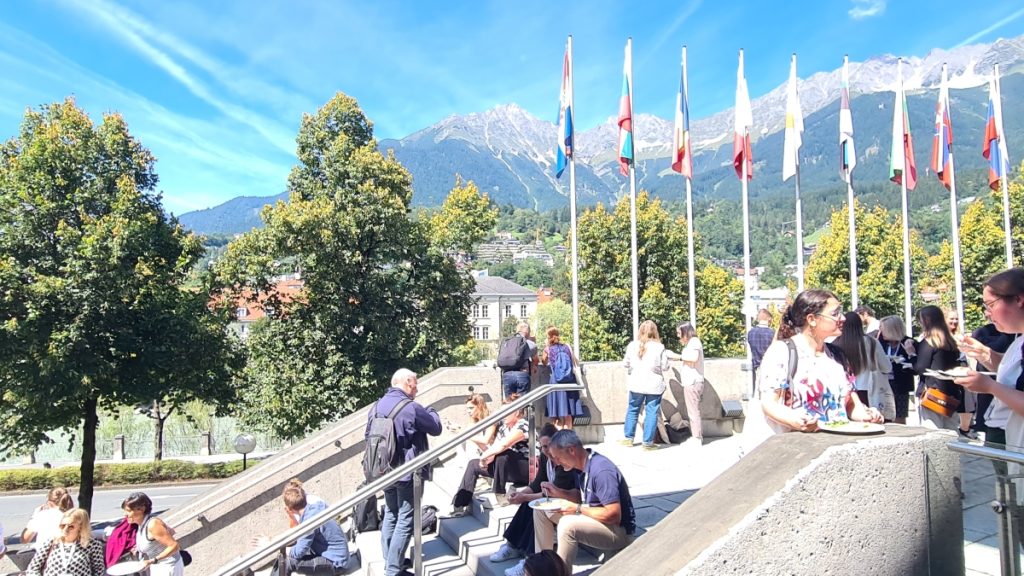
This year’s program covered multitude of research topics, including nutrition, genetics, animal welfare, and sustainability in all farm animal groups. It also addressed societal issues and featured an early career competition for young scientists.

Anyone interested can review the full program at https://eaap2025.org.
Venues and plenary session
The EAAP 2025 conference was a large event with multiple parallel sessions. It took place in two venues: Congress Innsbruck and Messe Innsbruck. Both locations served the purpose extremely well.

The EAAP held its Plenary Session on Tuesday. After the annual Award Ceremony, four renowned scientists gave invited lectures. The theme of these lectures was “Why animal farming has been essential to human civilization”.

EAAP recorded these highly insightful lectures, and you can now watch them on their YouTube channel: The 76th EAAP Annual Meeting 2025 – Plenary Session.

Austrian Livestock and Farming Tradition
The Innsbruck region boasts a strong milk industry and produces high-quality agricultural products. The Austrian Association for Animal Science and Production presented the typical farm animal breeds of the region.

About 63% of the surface area of Austria is Alpine mountains, and animal farming has an important role especially in the mountains. The Swiss brown cattle is very s very typical for the region, as are a multitude of sheep and cattle breeds for meat and dairy production.

Hankkija Presentations at EAAP 2025
R&D Manager Hannele Kettunen from Hankkija presented two studies at EAAP 2025.
ProHumi® Study
The first was an oral presentation with the title “Potential of selected, heat-treated peat meal as a dietary component for alleviating mycotoxin-induced challenges for pigs and poultry”.
This was a three-step study of Hankkija’s new ProHumi® feed material which contains prebiotic fibre and humic acids.
- Step 1: an in vitro visualization of the ability of the selected peat type to adsorb Fusarium mycotoxins.
- Step 2: a study showing that during a mild Fusarium toxin challenge, broiler chickens benefit from the addition of ProHumi® to the diets.
- Step 3: the ability of ProHumi® to improve the quality of colonic fermentation of piglets was demonstrated in an elaborate ex vivo simulation model.
ProHumi® thus proved to be a potential functional ingredient for alleviating mycotoxin-induced challenges in animal performance.
Progut® Extra Study
Hankkija also presented a poster presenting Emilia Pirinen’s bachelor thesis work at Häme University of Applied Sciences, with the title “Dietary yeast hydrolysate improved production performance and reduced milk somatic cell count of dairy cows under an organic production system”.
Emilia studied the effects of Progut® Extra in the diet of organic dairy cows. The study was conducted at Mustiala Teaching and Research Farm which specializes in organic milk production.
Production and feed intake data from two 35-day periods was compared: before and after the introduction of Progut® Extra to the diet.
At the herd level, dietary Progut® Extra amendment improved the energy-corrected milk yield by 12% and the feed efficiency by 8%. Somatic cell count in milk was reduced by 26%, from 106,000 to 78,000 cells/ml, suggesting improved udder condition during the Progut® Extra period.
The findings indicated highly positive effects of Progut® Extra on dairy cows under organic farming systems.
Driving sustainable livestock through Science and Innovation
The EAAP 2025 conference once again demonstrated its vital role in advancing livestock development and fostering global knowledge exchange. For Hankkija, active participation in such international scientific forums is essential – not only to contribute our research to the global dialogue but also to ensure that our innovations align with the latest scientific insights and industry needs.
Our R&D is constantly developing and researching new solutions, and this commitment supports both our commercial goals and the sustainable future of livestock farming. Guided by our values and the One Health approach, we remain dedicated to creating science-based innovations that benefit animals, people, and the environment.

